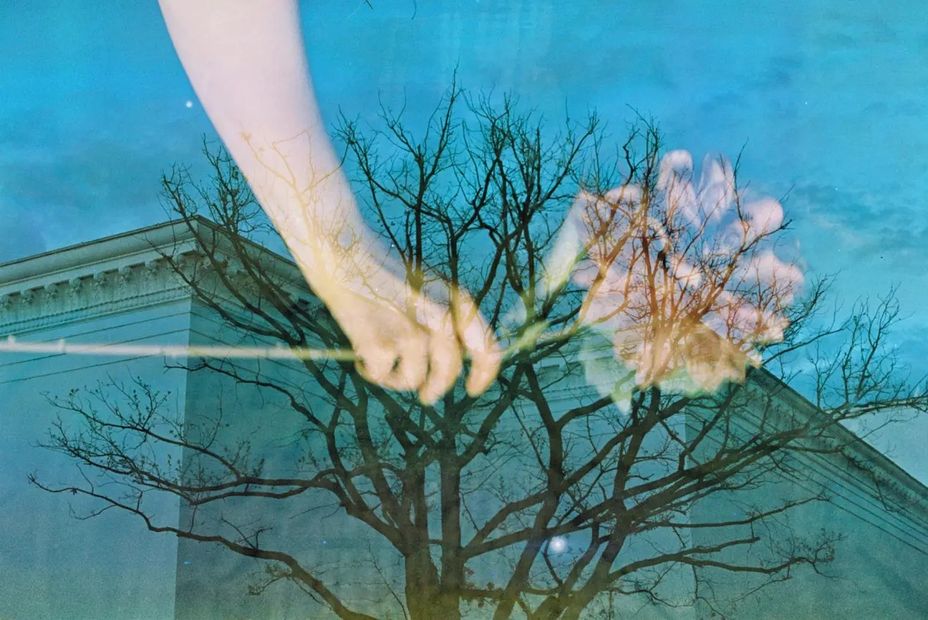There’s a particular ache that comes with being the quiet one. It’s not something that people talk about very often—what it feels like to be soft in a world that rewards volume, to be observant in a culture that praises constant noise, to be gentle in spaces that value quick reactions and big personalities.
I’ve always felt like I was once step behind everyone else. While others rushed to fill silence with words, I sat with the silence. When people spoke over each other in excitement, I hesitated—waiting for a small opening, waiting for a moment that rarely came.
I was always the girl who thought deeply, felt deeply, moved slowly…yet I believed that made me wrong.
Growing up neurodivergent without knowing it, I often felt invisible in rooms full of people. I didn’t understand that my quiet was not a flaw, it was just a different way of existing. My brain took in everything. It took in every tone, every shift in energy, every unspoken tension. The world somehow entered me all at once, and sometimes, it was simply all too much.
So, I stayed quiet. It’s not because I had nothing to say, it’s because I felt everything so deeply. And my quietness, over time, became both my shield and my burden.
There’s so much pain holding so much inside. It’s hard being misunderstood, misread, and underestimated. I feel like people assume that quiet means shy. They assume that silence means lack of confidence. But what they don’t see is the beauty that grows in those quiet spaces.
Quiet people notice things that others miss. Such as the tremble in someone’s voice, the flicker of sadness behind a smile, the way someone’s hands fidget when they’re nervous. Quiet people make meaning out of moments. We hear what isn’t being said, we love with attention, and we connect deeply and intentionally.
And being quiet has given me some of the greatest gifts of my life.
It has made me a storyteller.
-A listener.
-A healer.
-A reflector.
A person who feels the world in colors, textures, and layers.
It’s helped me build friendships rooted in depth rather than performance. It’s taught me how to sit with others in their pain, how to slow down long enough to understand them, how to create safety in a world that feels sharp and fast.
But the beauty didn’t appear to me until I stopped apologizing for who I was.
For so long, I tried to get louder, to be “more,” fit the world’s idea of confidence and presence. I pushed myself into places that drained me, performed in ways that felt unnatural, masked the softness I secretly loved about myself.
And then one day, I stopped. It didn’t happen overnight, but I began to embrace the quiet, and not see it as a limitation, but as a strength.
Quietness represents a kind of power, but not the kind that demands attention. It’s the power that comes from depth, intuition, and inner steadiness. It’s the stillness that lets you hear your own truth.
Sure, the loud world may never fully understand people like us, but that doesn’t mean we need to change to belong. Because there is room for the quiet ones. The deep feelers, the ones who speak with their hearts before their voices, and the ones who find joy in small moments and the meaning in stillness.
The world needs us too. Not to get louder, but to show that sensitivity and quiet strength are forms of courage. The kind of courage the world so desperately needs.
“The quieter you become, the more you are able to hear.” — Rumi
#MentalHealth #neurodiver #Anxiety #Depression #Quiet #Introvert #sensitive #ADHD #AutismSpectrumDisorder


